An electrical home inspection is a critical safeguard for Vancouver homeowners, ensuring the safety, functionality, and compliance of electrical systems in a city where aging homes (40% pre-1990) and humid conditions (1200 mm rainfall, 85–95% RH) amplify risks. Electrical faults contribute to 15% of home fires in Canada, causing $50 million in damages annually, per the Canadian Fire Chiefs Association. In Climate Zone 5’s urban environment, proper inspections mitigate hazards like shocks, arcing, and costly repairs ($10,000–$20,000 for rewiring). Simon Green Works partners with licensed electricians to deliver inspections grounded in building science, protecting your $2.2 million investment. This article details the inspection process, its importance, components evaluated, common issues, and Vancouver-specific considerations, equipping homeowners with knowledge to maintain safe, efficient electrical systems compliant with the B.C. Electrical Code.
Understanding an Electrical Home Inspection
An electrical home inspection is a non-invasive, visual assessment conducted by a licensed electrician or certified inspector to evaluate a home’s electrical system for safety, functionality, and adherence to the B.C. Electrical Code, enforced under the Safety Standards Act. The process examines wiring, panels, outlets, and grounding, identifying hazards like outdated systems or code violations. Inspections, costing $450–$600 for a 2,000–3,500 sqft home, take 1–3 hours and provide detailed reports with photos, flagging issues such as frayed wiring or improper grounding. They are triggered by home purchases, renovations, insurance requirements, or safety concerns, offering peace of mind without serving as a warranty. Inspections use tools like Fluke 87V multimeters (Fluke 87V) to verify voltage and continuity, ensuring precision.
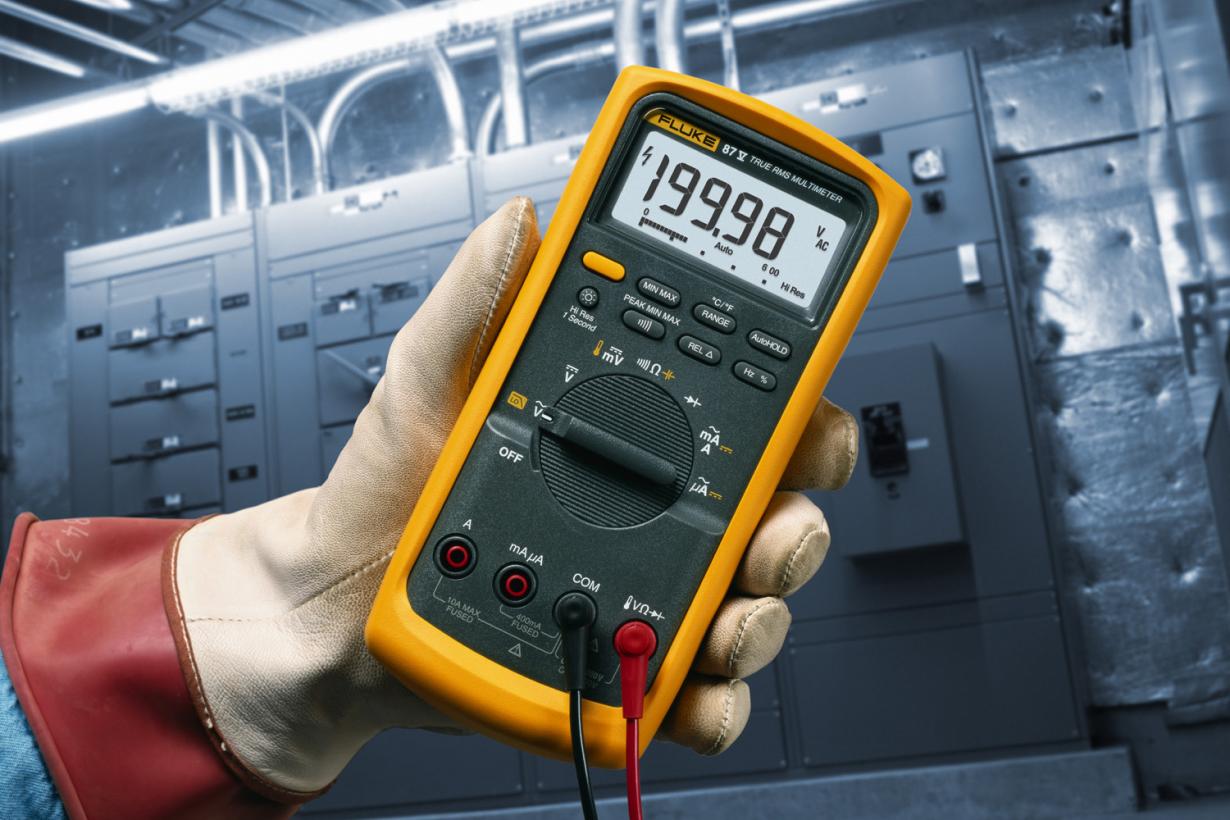
Importance of Electrical Inspections
Electrical systems are vital but hazardous if neglected. In Vancouver’s humid climate, corrosion accelerates in older wiring, increasing arcing risks that cause 15% of residential fires. Inspections identify hazards like frayed wiring, ungrounded outlets, or overloaded circuits, preventing shocks (120V can be fatal) and fires. Compliance with the B.C. Electrical Code ensures legal safety, critical for insurance coverage, as 10% of Vancouver homes with aluminum wiring or Poly B piping face policy denials without inspections. Early detection avoids costly repairs, such as $15,000–$25,000 for replacing knob-and-tube wiring. Pre-listing inspections reduce seller liability, while efficiency upgrades, like Philips Hue LED lighting (Philips Hue), save $200–$400 annually, aligning with Vancouver’s 2030 carbon-neutral goals.
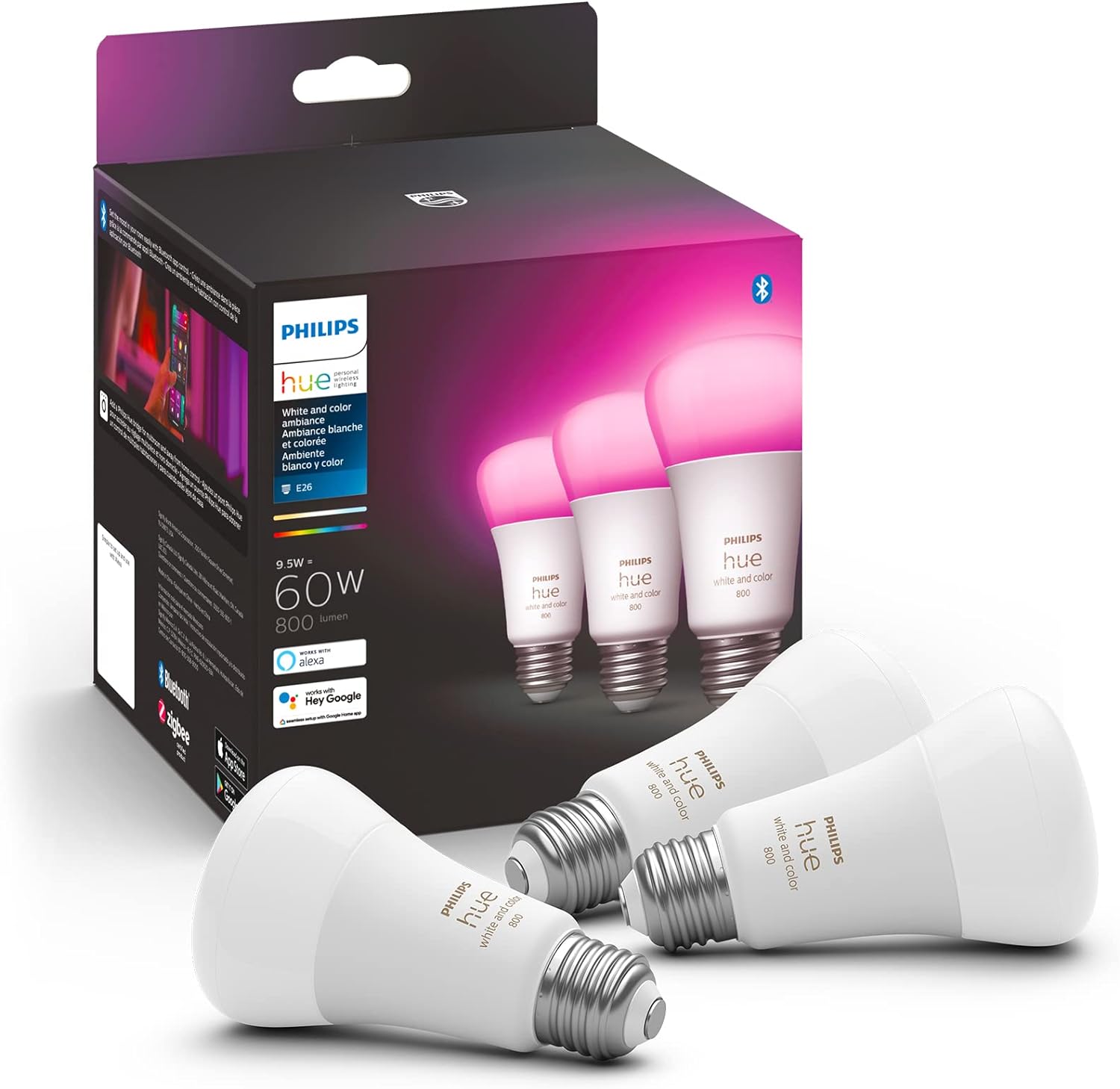
Components Evaluated During Inspection
Inspectors assess key electrical components using visual checks and standard testing protocols, ensuring compliance and safety: - Service Drop and Entrance: Examines utility connections, conductors, and raceways for damage, ensuring safe power delivery to the home. - Service Equipment: Verifies main disconnects, grounding, and electrical panels (100–200 amps), using Eaton BR panels (Eaton BR Panels) for capacity and compliance. - Distribution Conductors: Inspects wiring for deterioration or improper splices, particularly aluminum wiring from the 1960s–1970s, prone to overheating. - Overcurrent Protection: Confirms breakers or fuses, like Square D QO breakers (Square D QO), match load requirements to prevent overloads. - Lighting and Outlets: Tests a representative sample for functionality, ensuring ground-fault circuit interrupters (GFCIs) and arc-fault circuit interrupters (AFCIs) from Leviton (Leviton GFCI/AFCI) are installed in wet areas like bathrooms. - Grounding and Bonding: Checks grounding electrodes (e.g., 3 m copper rods) to prevent shocks, critical in humid conditions. - Safety Devices: Verifies smoke and carbon monoxide detectors on dedicated circuits, ensuring compliance with BC Fire Code. - Outdoor Systems: Ensures weatherproofing for exterior outlets, using Hubbell Bell weatherproof covers (Hubbell Bell Covers).
Inspectors avoid dismantling systems or inspecting low-voltage wiring (e.g., telecom), recommending specialists for complex issues or asbestos concerns.
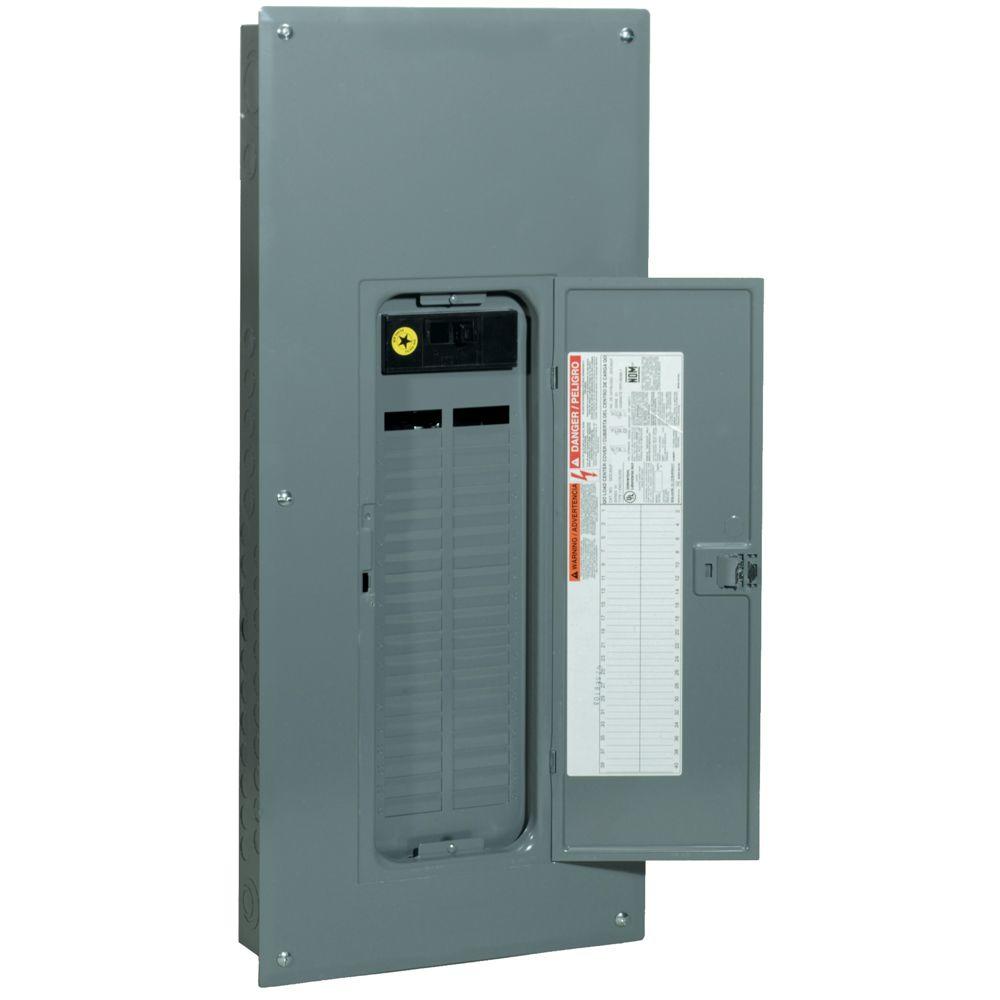
Common Electrical Issues in Vancouver Homes
Vancouver’s aging homes face recurring electrical issues, increasing risks and repair costs: - Aluminum Wiring: Common in 1960s–1970s homes (10% of Vancouver’s stock), poses fire risks due to oxidation if not pigtailed with copper ($5,000–$10,000 to retrofit). - Knob-and-Tube Wiring: Found in pre-1950 homes, lacks grounding, requiring full replacement ($15,000–$25,000) for insurance compliance. - Poly B Piping: Used from 1978–1998, risks leaks that damage wiring, necessitating replacement ($5,000–$15,000). - Missing GFCIs/AFCIs: Non-compliant in older homes, costing $500–$2,000 to install Leviton devices for safety. - Overloaded Circuits: Result from DIY renovations, causing breaker trips and requiring circuit upgrades ($1,000–$3,000).
Inspection reports recommend repairs by licensed electricians, using products like Leviton GFCIs, and may suggest Wood Energy Technology Transfer (WETT) inspections for fireplaces to ensure safety.
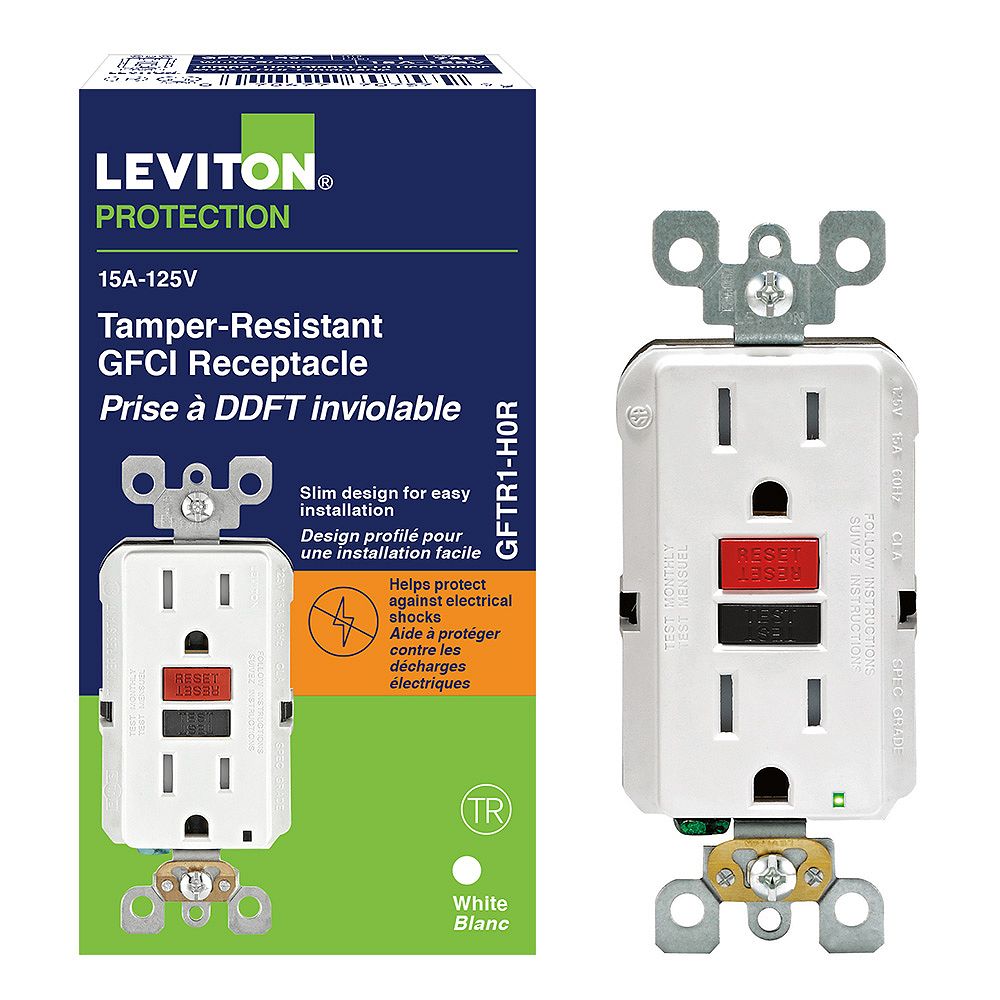
Vancouver-Specific Considerations
Vancouver’s humid climate accelerates corrosion in electrical systems, affecting 20% of older homes and increasing fire risks. The B.C. Electrical Code mandates inspections every 180 days for homeowner-permitted work (up to 200 amps), with fines up to $5,000 for non-compliance. Seismic codes (0.46g acceleration) require secure panel anchorage, using Eaton seismic mounting kits (Eaton Seismic Kits) to prevent displacement. Pre-1990 homes may contain asbestos, requiring specialized handling ($2,000–$5,000) during rewiring. Energy-efficient upgrades, like Philips LEDs, qualify for CleanBC rebates ($500–$2,000), supporting Vancouver’s 2030 climate goals. Landlords must ensure tenant safety with inspections, and insurers may deny coverage without them for high-risk wiring. Simon Green Works ensures clear access to panels and crawlspaces for efficient inspections, minimizing delays.
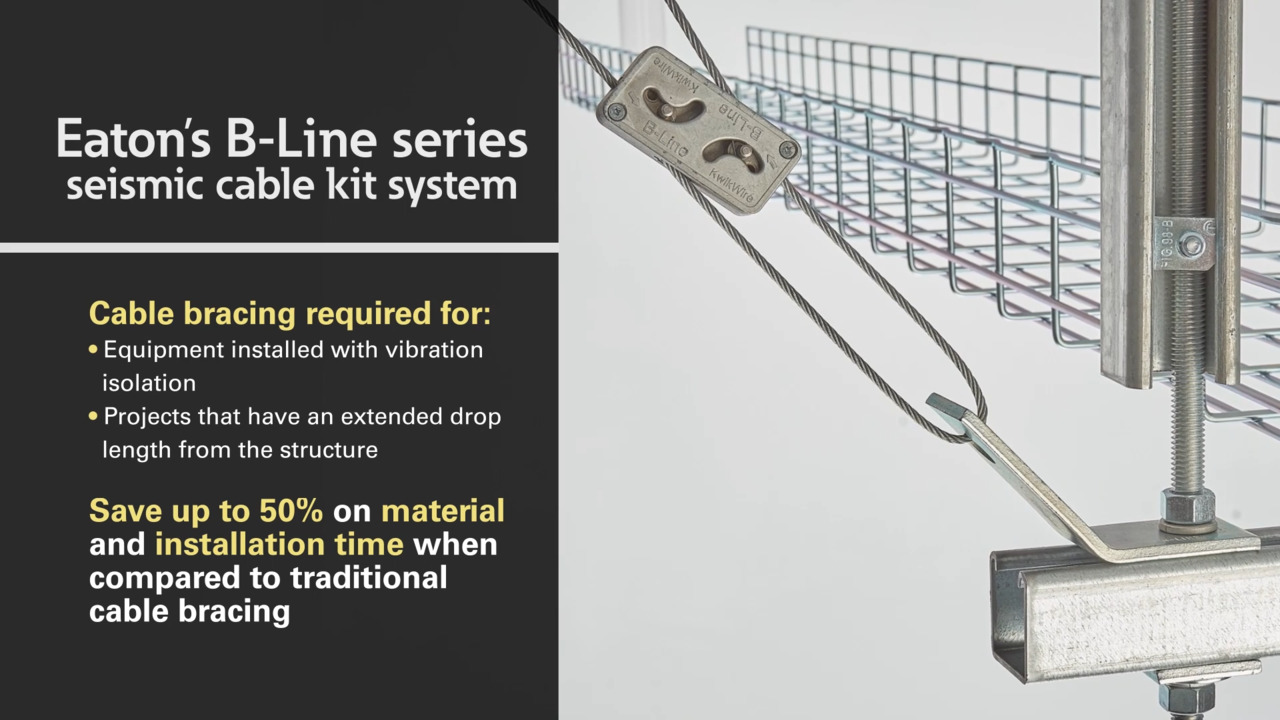
Why Choose Simon Green Works?
Simon Green Works collaborates with licensed electricians to deliver electrical inspections that prioritize safety and compliance in Vancouver’s challenging climate. Our building science expertise ensures your home’s electrical system is robust, efficient, and aligned with the B.C. Electrical Code, protecting your investment. Ready to schedule an inspection? Contact us for a tailored consultation.
Sources
This article draws on insights from the Home Inspectors Association BC FAQs and Scope of Inspection (HIABC FAQs, HIABC Scope), “Residential Electrical Safety Inspections” from Redford Electric (Redford Electric), “Home Inspection Checklist BC, Canada” from A Step Above Inspections (A Step Above), “Home Electrical Safety Inspection” from Premium Electric (Premium Electric), and “Homeowner Information Guide: Electrical Safety” from B.C. Safety Authority (B.C. Safety Authority).